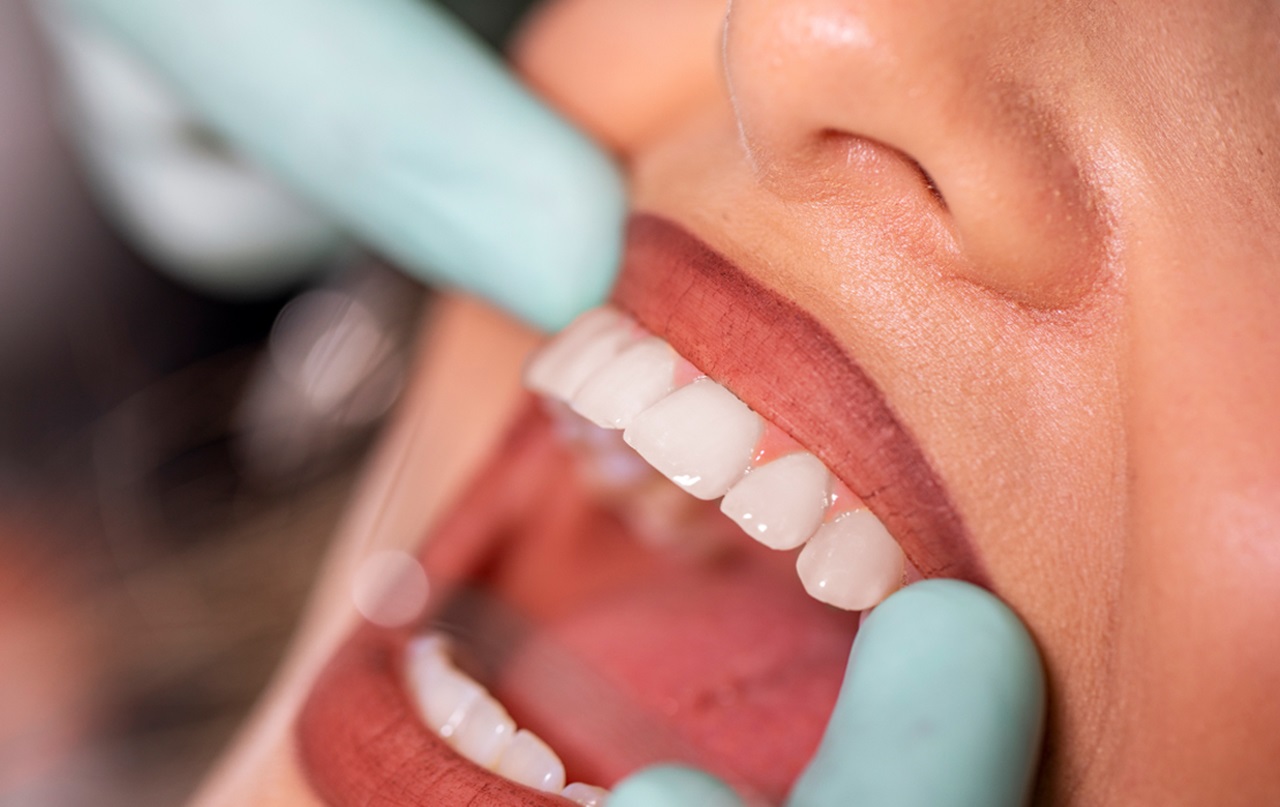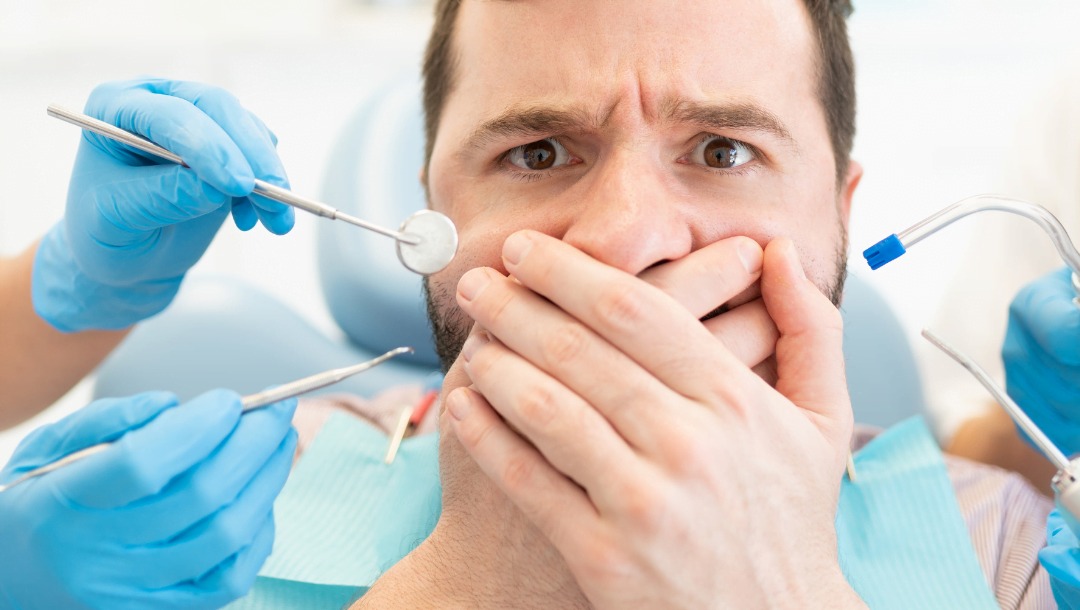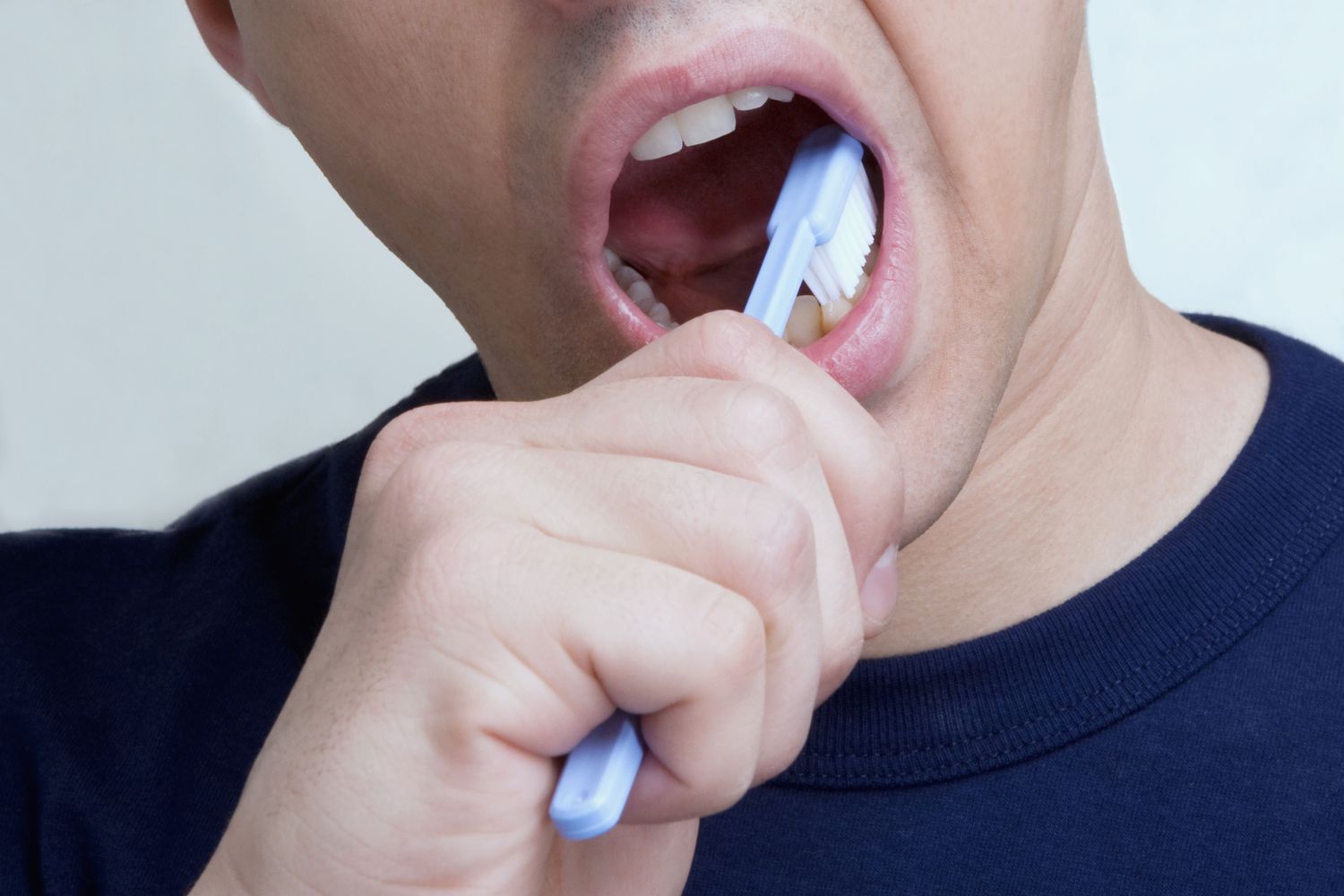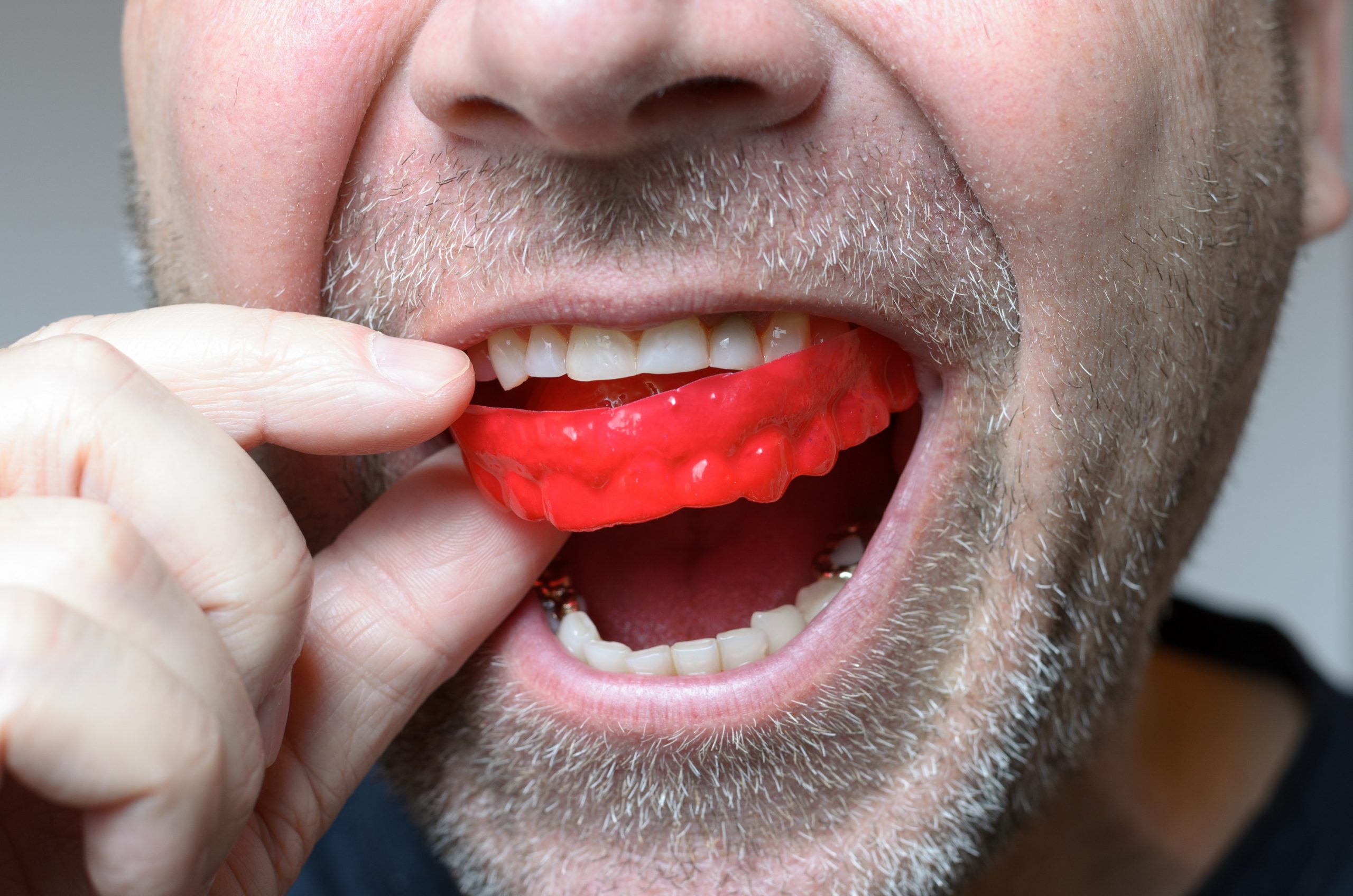Sleep Disorders: How It Affects Your Oral Wellness
Sleep, the golden chain that ties our health and bodies together. Yet, in today’s fast-paced world, it’s often the first sacrifice at the altar of productivity. But did you know? The ripple effects of sleep disorders stretch far beyond tired eyes and yawning; they can deeply impact your oral health. Let’s dive into this overlooked narrative, exploring how the quality of your slumber shapes the health of your smile.
The Unseen Link
You might wonder, how do sleep patterns affect oral health? Well, it’s all connected. Poor sleep can lead to a cascade of issues, from weakened immune response to hormonal imbalances. This, in turn, can pave the way for oral health troubles, including gum disease and tooth decay. The body’s natural healing processes slow down, giving bacteria a playground in your mouth.
When Nightmares Become Reality: Sleep Apnea
One of the most direct connections between sleep disorders and oral health is seen in sleep apnea. This condition, characterized by pauses in breathing during sleep, doesn’t just steal your rest; it also invites a host of oral health issues. Mouth breathing, a common compensatory action for sleep apnea sufferers, can dry out the mouth, reducing saliva flow. Saliva, nature’s own mouthwash, plays a crucial role in washing away food particles and neutralizing acids produced by bacteria. Less saliva means more room for bacteria to thrive, leading to increased risks of cavities and gum disease.
Bruxism: The Nightly Grind
Bruxism, or teeth grinding, is another sleep-related phenomenon that can wreak havoc on your oral health. Often stress-related, bruxism can be both a cause and a symptom of disrupted sleep. This involuntary grinding can lead to tooth damage, such as cracking or wearing down of the enamel, and even TMJ disorders. The irony? Stress might be keeping you awake, leading to bruxism, which, in turn, causes more stress due to oral discomfort.
A Dry Spell at Night
Dry mouth isn’t just uncomfortable; it’s a breeding ground for bacteria. As mentioned, saliva is essential for maintaining oral health, and its absence at night (often due to mouth breathing from sleep disturbances) can lead to increased risks of tooth decay and gum disease. Moreover, those using certain medications to aid sleep might find dry mouth as a side effect, further complicating the issue.
Inflammation: The Body’s Alarm System
Sleep is crucial for regulating the body’s immune response. A lack of quality rest can lead to chronic inflammation, a condition closely linked to gum disease. Inflammation is the body’s way of signaling trouble, but when it becomes a constant guest, it can cause the tissues supporting your teeth to break down. This link underlines the importance of sleep in maintaining not just oral health, but overall bodily well-being.
Turning the Page: Solutions and Preventive Measures
Awareness is the first step towards change. If you suspect your sleep quality is affecting your oral health, it’s crucial to seek professional help. Dentists and sleep specialists can work together to address the root causes of sleep disorders and recommend treatments or lifestyle adjustments. Simple changes, like establishing a regular sleep schedule, reducing stress before bed, and avoiding stimulants in the evening, can make a significant difference.
In addition, maintaining a diligent oral hygiene routine is more important than ever. Brushing twice a day, flossing, and using mouthwash can help counteract the effects of a dry mouth and keep bacteria at bay.
Remember, your mouth is a mirror reflecting your overall health, including the quality of your sleep. By ensuring you get enough restful sleep, you’re not just rejuvenating your mind and body; you’re also protecting your smile.
As we’ve seen, the relationship between sleep and oral health is a two-way street. Disruptions in sleep can lead to oral health issues, which in turn can disturb sleep further. It’s a cycle that demands attention and action. Taking steps to improve sleep quality can have a positive impact on oral health, and vice versa. By addressing one, you can significantly improve the other.
So, the next time you consider cutting your sleep short for just one more episode or a late-night work session, think of your smile. It might just be the motivation you need to hit the pillow a bit earlier. After all, a healthy smile and a well-rested body are worth every effort. Let’s prioritize sleep, not just for the sake of rest, but for the health of our smiles too.




